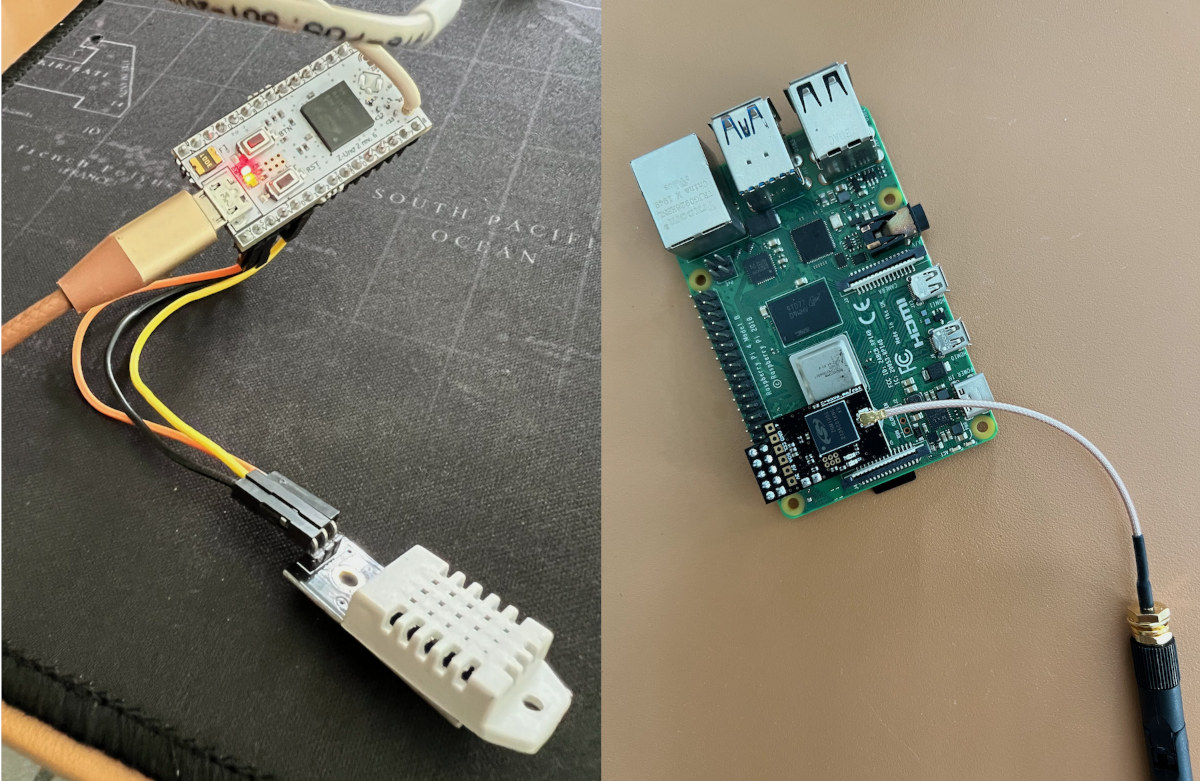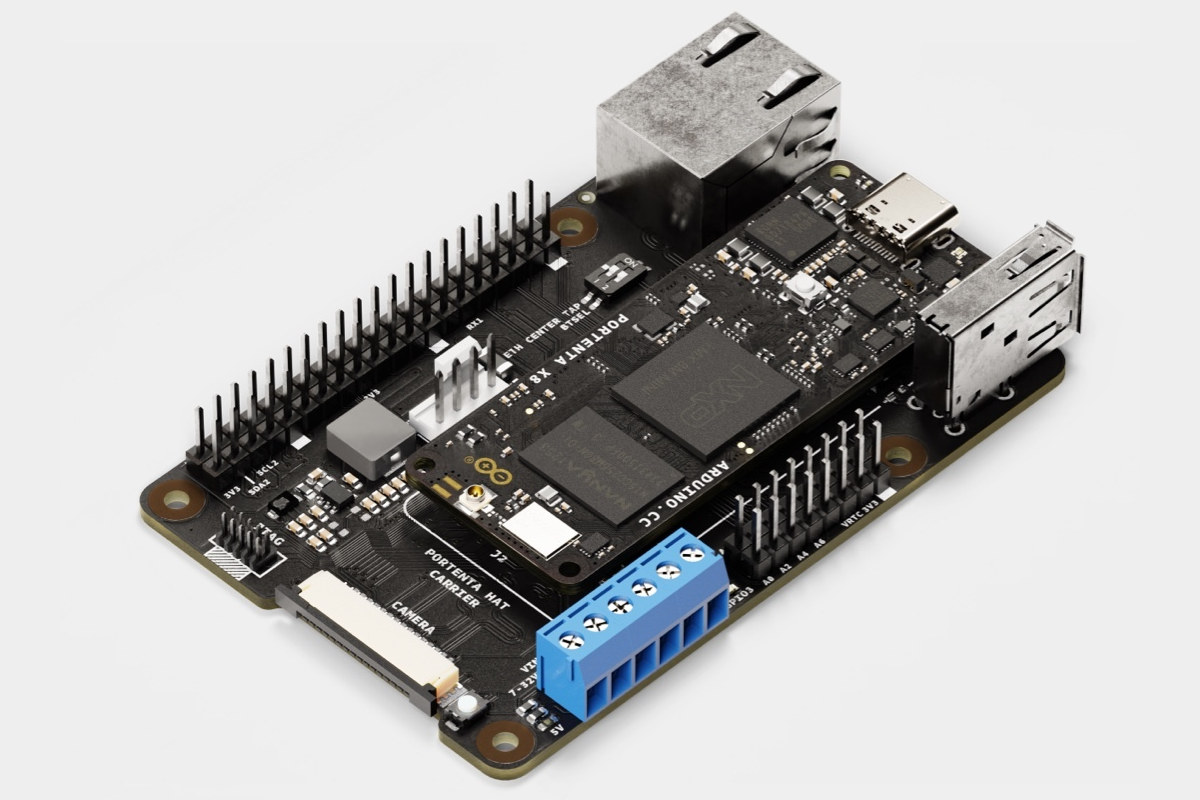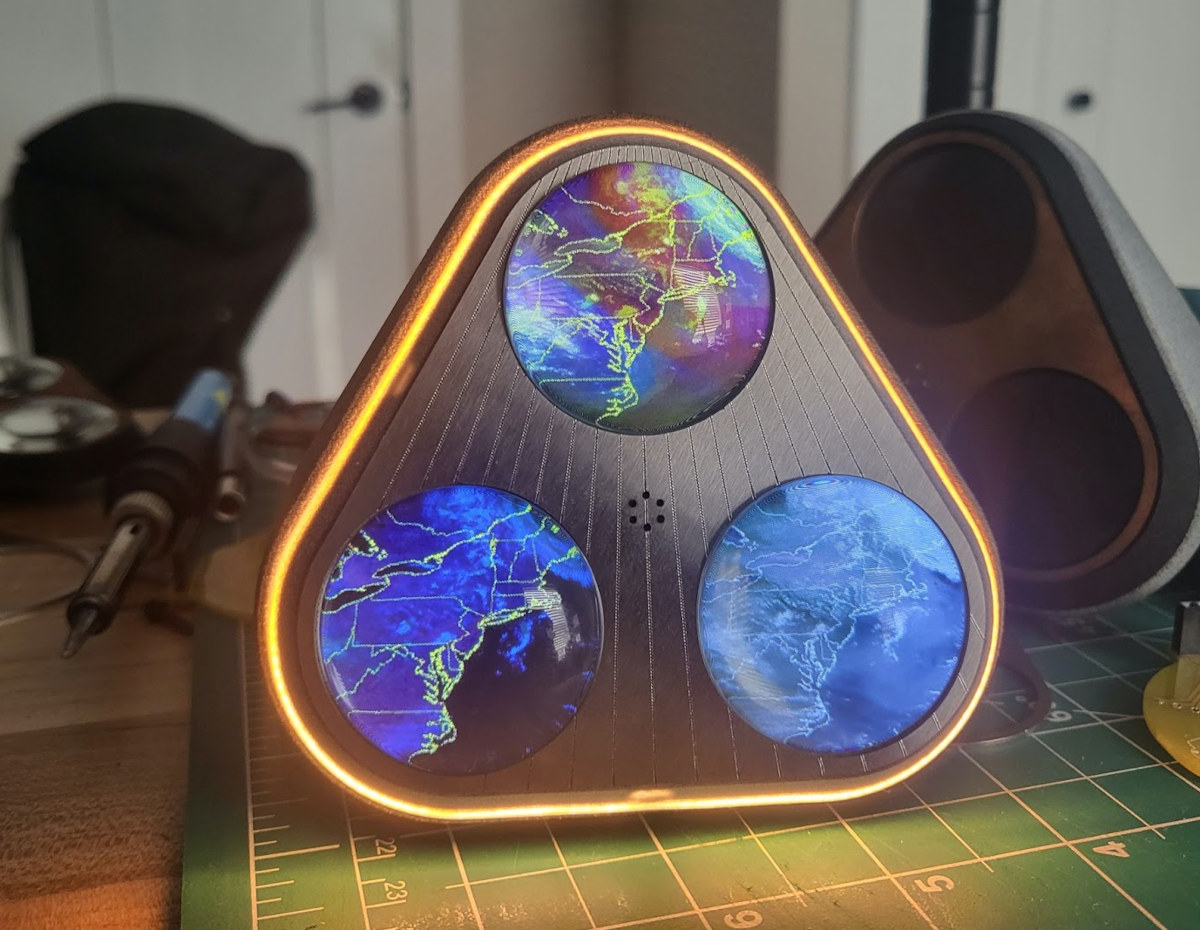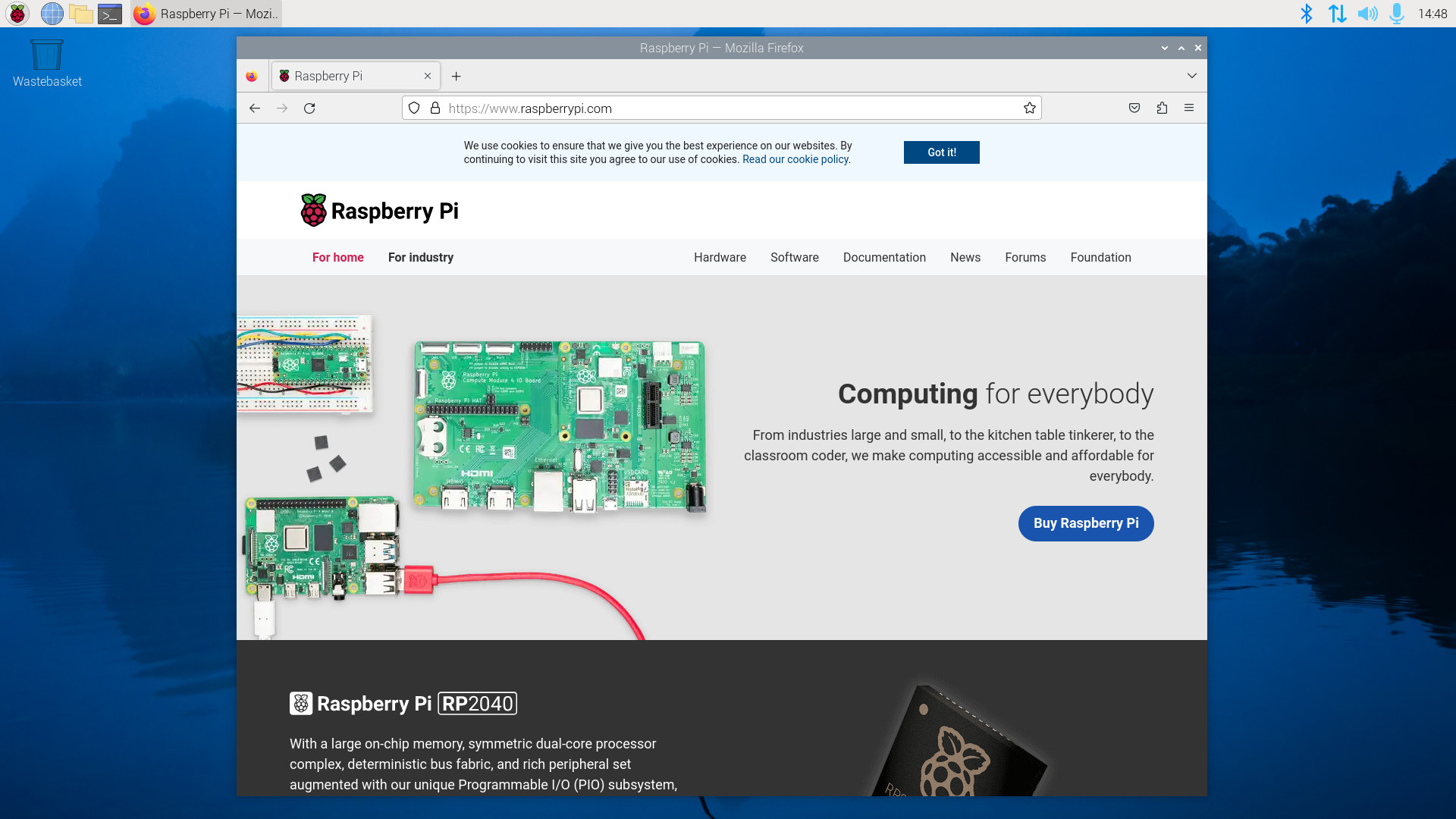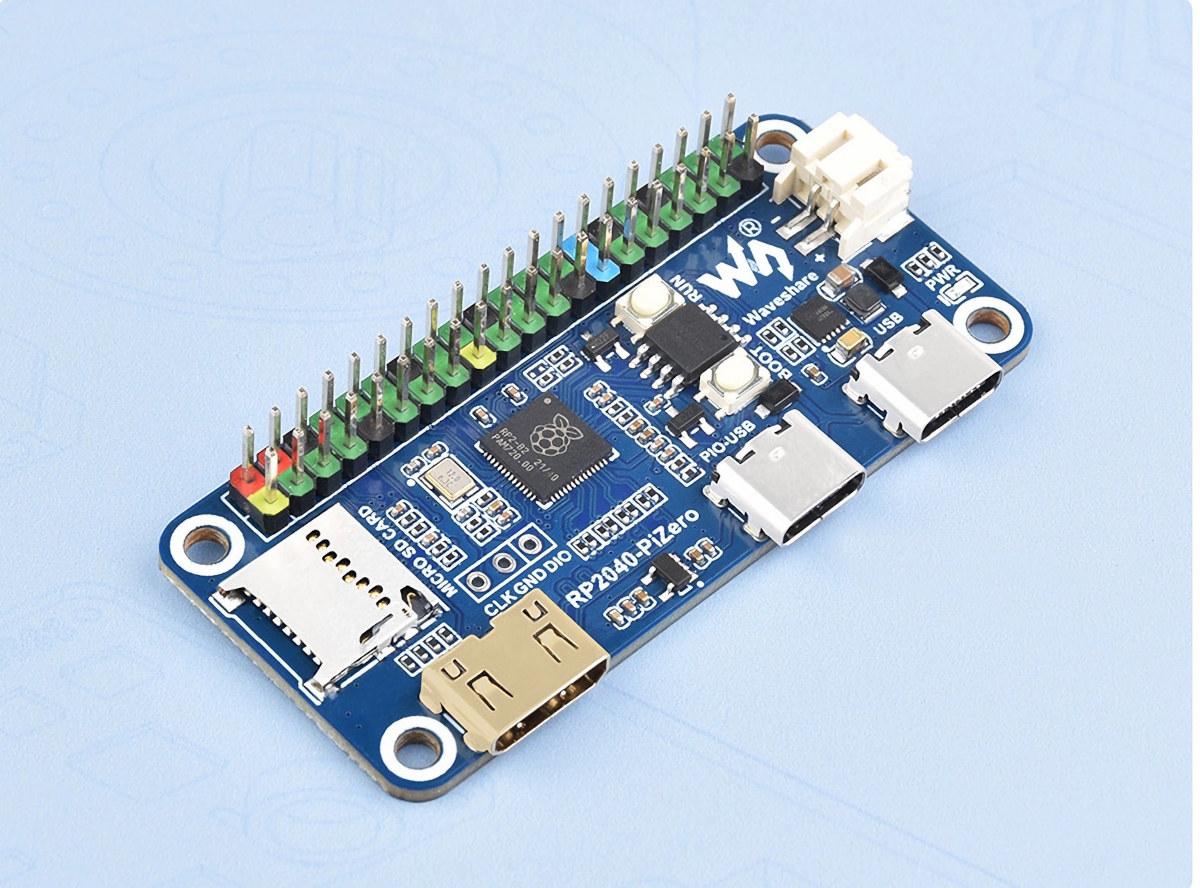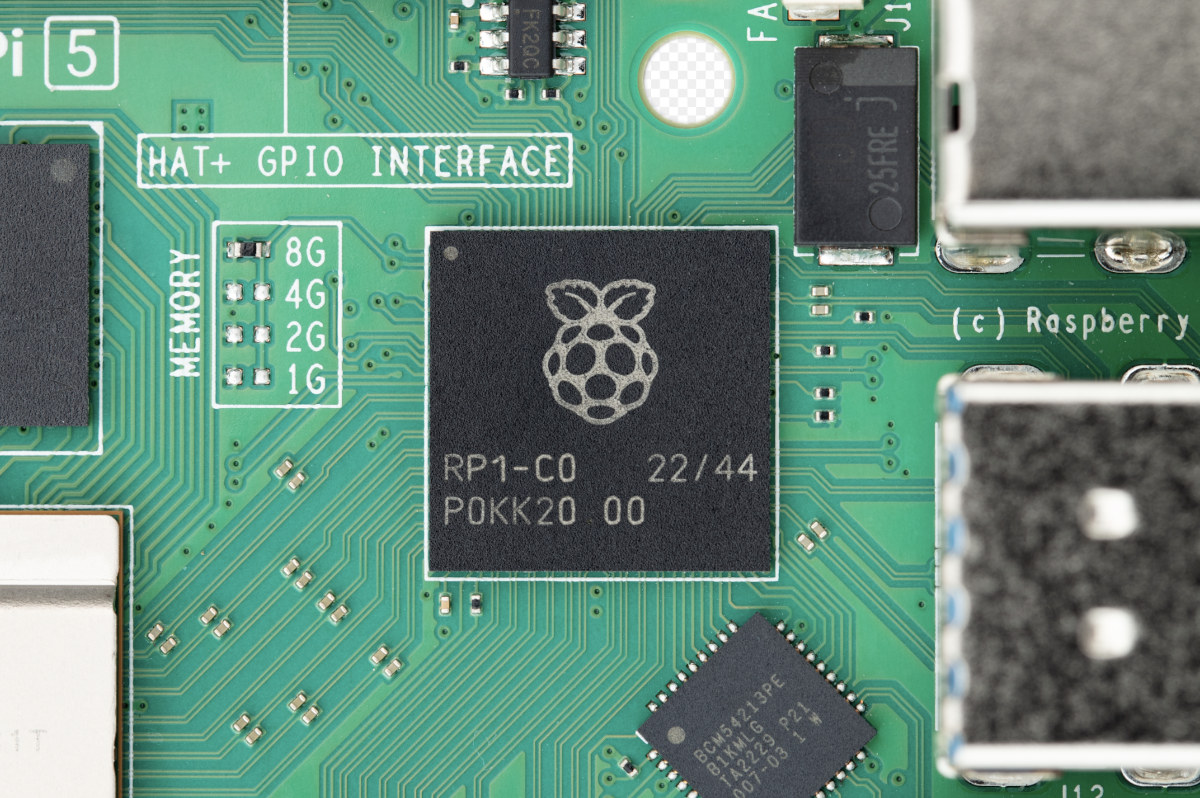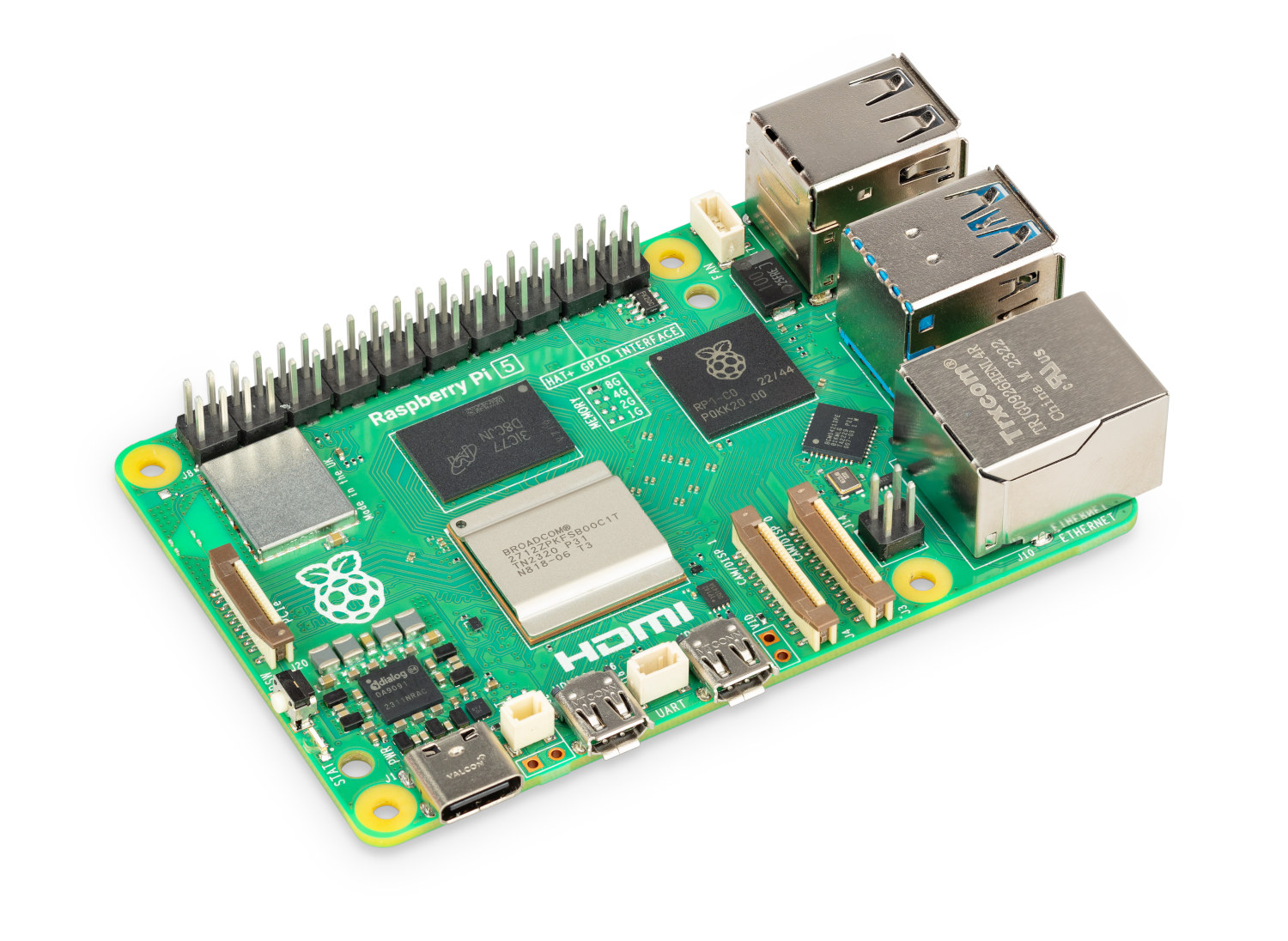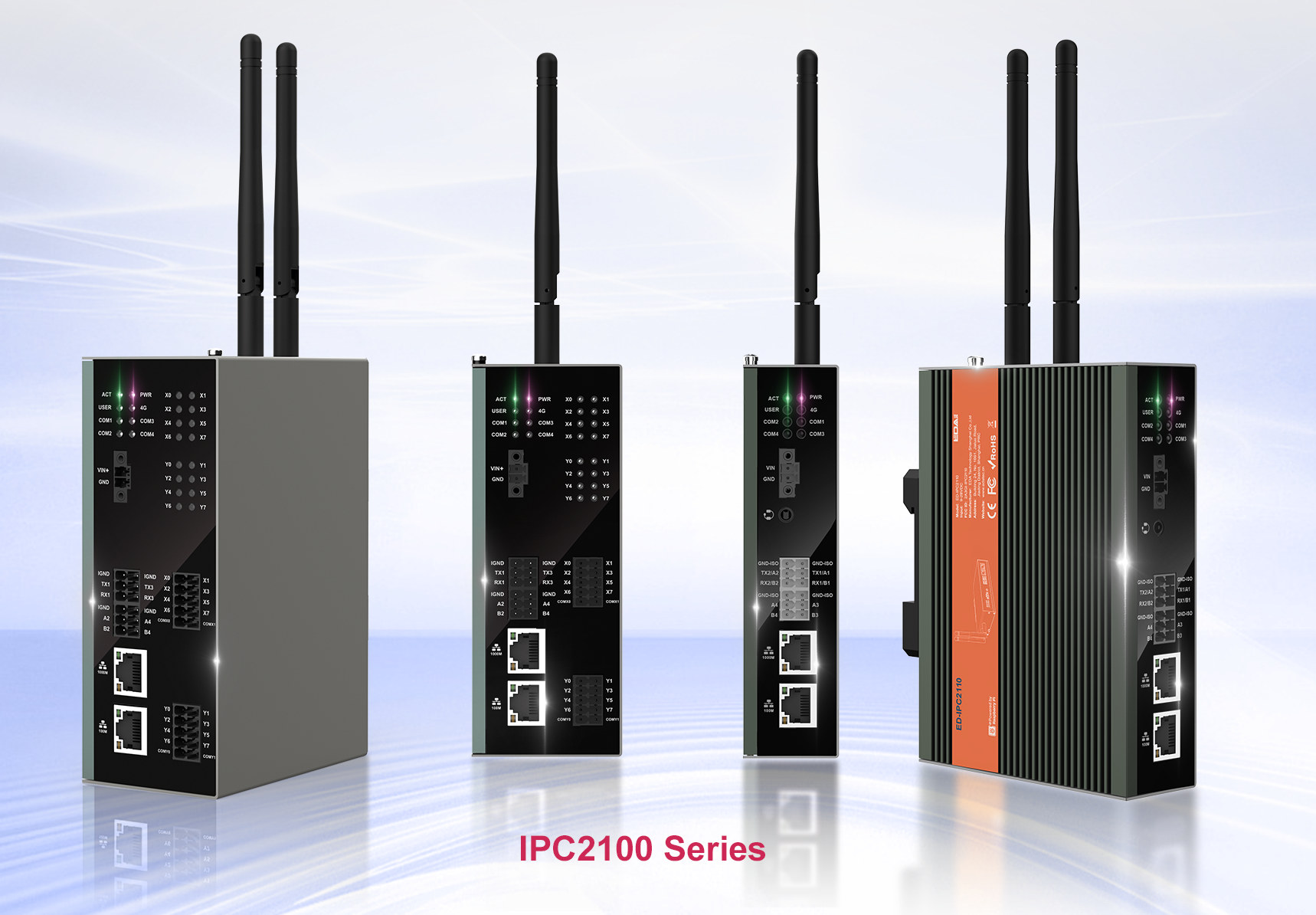Z-Wave.Me has sent us a couple of Smart Home devices based on Z-Wave technology for review, namely the RaZberry 7 Pro Raspberry Pi HAT and the Z-Uno2 board. The Swiss company has primarily developed Z-Wave products for years and is a member of the Z-Wave Alliance. For those who are concerned about the issues of signal interference in the 2.4GHz range (WiFi, Zigbee, Bluetooth, and Thread), Z-Wave technology is an excellent choice because it operates on a less congested frequency range of 800-900MHz and the technology has been around for more than 20 years, resulting in a wide variety of Z-Wave devices available in the market, and they can work well together across different brands due to a proper certification process which is another advantage when compared to other protocols. The two devices we received are RaZberry 7 Pro, which is a shield that plugs into the 40-pin GPIO header […]
The Portenta Hat Carrier board adds Raspberry Pi HAT support to the Portenta X8 SBC
The Arduino Portenta Hat Carrier board aims to interface the Linux-capable Portenta X8 board with the vast ecosystem of Raspberry Pi HAT (Hardware on Top) expansion boards. Introduced last year, the Arduino Portenta X8 is the first Arduino Pro hardware that can run Linux thanks to its NXP i.MX 8M Mini Arm Cortex-A53 quad-core processor. But it comes in a tiny 66.04 x 25.4 mm form factor which may be great for integration into products, but for prototyping or design of products such as IoT gateways, the company has now launched the Portenta Hat Carrier that enables the board to easily connect with the Raspberry Pi HATs available today. Portenta Hat Carrier specifications: Compatible with the Portenta X8 board and future Portenta with the same high-density connectors Storage – MicroSD card slot Camera I/F – MIPI CSI camera connector (CNXSoft: Arduino does not explicitly say whether it’s compatible with the […]
Raspberry Pi Zero W-based Weather Orbs shows weather data on three round displays (Crowdfunding)
Peter Holderith’s Weather Orbs is a Raspberry Pi Zero W-powered desktop weather station that displays animated weather data from NOAA and NWS on three small round displays connected over SPI. Internally it’s an add-on board that connects to the 40-pin GPIO header of the Raspberry Pi Zero W and with three additional headers to connect the smartwatch round displays. The PCB also comes with 16 RGB LEDs to create some nice lighting effects. The Raspberry Pi Zero W and accompanying electronics are housed in a custom “high-quality” 3D printed enclosure with a cover made of brushed stainless steel, and thick glass magnifiers complete the design for a retro style. The default firmware fetches weather data, such as live satellite images from NOAA or radar from NWS, and displays those on the three round displays. It also starts a Wi-Fi hotspot called “weatherorbs” to which the user can connect and then […]
Raspberry Pi OS upgraded to Debian 12 “Bookworm”
Raspberry Pi has announced a new release of Raspberry Pi OS based on Debian 12 “Bookworm” upgrading from Debian 11 “Bullseye” which served as the base for the Raspberry Pi operating system since November 2021. As explained in the announcement, not much changes from the user perspective when switching between Debian 11 and Debian 12 with a lot of changes occurring under the hood plus they also worked on some extra features specific to Raspberry Pi OS. Wayland on Raspberry Pi OS The main change is the switch from the legacy X11 window manager to the more modern Wayland system with WayFire compositor that delivers better performance when drawing windows and improved security since it’s not using a server/client implementation. Note that Wayland is only enabled by default on Raspberry Pi 4 and 5 boards, and earlier and less powerful models still rely on X11 as work is going on […]
Waveshare RP2040-PiZero – A Raspberry Pi RP2040 board with Raspberry Pi Zero form factor
Waveshare RP2040-PiZero board is a Raspberry Pi Zero lookalike that features a Raspberry Pi RP2040 microcontroller instead of a Linux-capable application processor. But RP2040 board comes with the same layout as the Raspberry Pi Zero and similar ports including two USB Type-C ports, a mini HDMI/DVI connector, a microSD card slot, and a 40-pin GPIO header, but also adds support for LiPo batteries with a 2-pin connector and a charging circuit. RP2040-PiZero specifications: MCU – Raspberry Pi RP2040 dual-core Cortex M0+ microcontroller @ 133 MHz with 264 kB of embedded SRAM Storage – 16MB SPI flash, microSD card slot Video – Mini HDMI port that can output DVI signals USB – 1x USB Type-C port for data using PIO-USB host/device implementation Expansion – 40-pin color-coded header with 2x SPI, 2x I2C, 2x UART, 4x 12-bit ADC, 16x PWM, 8x Programmable I/O (PIO) state machines for custom peripheral support Misc – […]
Raspberry Pi releases RP1 peripheral controller datasheet and block diagram
The Raspberry Pi 5 was recently introduced with the Broadcom BCM2712 CPU and the RP1 chip handling I/Os designed in-house by the Raspberry Pi just like they did for the RP2 (RP2040) microcontroller, and we now have more details about the Raspberry Pi RP1 including a (draft) datasheet and a block diagram. The RP2040 came out before the RP1 peripheral controller as the design for the latter started 7 years ago with a total R&D budget to develop the Raspberry Pi 5 of around 25 million dollars. While at launch, we knew the RP1 handled some peripherals, doubled USB bandwidth with two separate USB 3.0 hosts, and embedded higher speed MIPI interfaces, it was unclear whether some of the other connections came from the BCM2712 or RP1 chips. But we now do know with the release of the datasheet. Raspberry Pi RP1 key features and specifications: MCU – Dual-arm Cortex-M3 […]
Raspberry Pi 5 SBC launched with 2.4 GHz Broadcom BCM2712 quad-core Cortex-A76 SoC
The long-awaited Raspberry Pi 5 SBC is finally here with a powerful Broadcom BCM2712 quad-core Cortex-A76 processor clocked at 2.4 GHz, 4GB or 8GB memory, and the usual Raspberry Pi Model B form factor. The Raspberry Pi 4 Model B was introduced in June 2019, so it took over four years to get a new model, and the Raspberry Pi 5 should deliver 2 to 4 times the performance, compete directly with Raspberry Pi-shaped Rockchip RK3588S SBCs such as the Radxa Rock 5A or Cool Pi 4 Model B and benefit from a larger community and better software support. Raspberry Pi 5 specifications: SoC – Broadcom BCM2712 CPU – Quad-core Arm Cortex-A76 processor @ 2.4 GHz with crypto extensions, 512KB per-core L2 caches, 2MB shared L3 cache GPU – VideoCore VII GPU @ 800 MHz with support for OpenGL ES 3.1, Vulkan 1.2, 4Kp60 HEVC decoder System Memory – 4GB […]
EDATEC ED-IPC2100 industrial computer offers 4x RS485/RS232 ports
EDATEC has launched four more Raspberry Pi CM4-powered industrial computers with the ED-IPC2100 Series that mostly differ from the earlier ED-IPC2010 model with an extra M.2 Key-B socket for an SSD, an extra 10/100Mbps Ethernet port, and four COM ports with RS232 or RS485 interfaces depending on the exact model. The new ED-IPC2100 series industrial computer family ships with a Raspberry Pi Compute Module 4 with up to 8GB RAM, 32GB flash, optional WiFi 5 and Bluetooth 5.0, and offers a full-size HDMI video output, two Ethernet ports, and a few USB ports. The ED-IPC2120 model looks to offer some extra features such as an HDMI Touch FPC connector, MIPI CSI camera and DSI display connectors, and audio interfaces. ED-IPC2100-series specifications: SoM – Raspberry Pi CM4 SoC – Broadcom BCM2711 quad-core Cortex-A72 processor @ 1.5GHz with VideoCore VI GPU System Memory – 1GB, 2GB, 4GB, or 8GB LPDRR4-3200 RAM Storage […]


